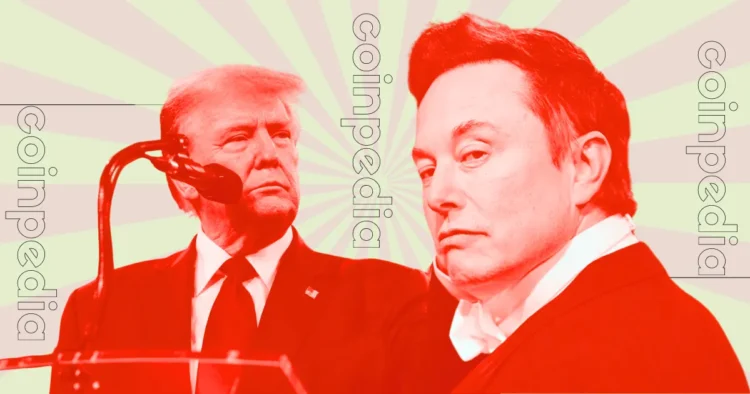Elon Musk is no stranger to tackling monumental challenges. From revolutionizing the automotive industry with Tesla to launching groundbreaking ventures with SpaceX, Musk has consistently pushed the boundaries of what’s possible. Now, he’s been tasked with a mission unlike any other: reducing federal spending by a staggering $2 trillion through a newly established entity, the Department of Government Efficiency (DOGE). As audacious as this goal may seem, the question remains—can Musk’s unconventional methods thrive in the traditionally rigid realm of government operations?
Will Musk’s Methods Be Too Much?
When Elon Musk acquired Twitter, he acted swiftly and decisively. Within just two weeks, he had reduced the workforce by half, eventually cutting 80% of the staff. Now, Musk is eyeing similar drastic reductions within federal agencies. He assures that any layoffs will be conducted with respect and offers support for employees transitioning to the private sector. However, this assertive approach raises concerns: can such a blunt strategy truly be effective within the governmental framework?
Furthermore, Musk is a known critic of remote work. At Twitter, he abolished remote positions almost overnight, insisting that employees work on-site. It’s likely he will advocate for similar changes within federal offices, labeling remote roles as outdated. Additionally, accountability is a cornerstone of Musk’s philosophy, which might lead to the implementation of weekly progress reports as a standard practice within government departments.
People Are Nervous for Government
Supporters of Musk highlight the continued operation of Twitter despite significant staff reductions as evidence of his efficiency. They are optimistic that Musk can introduce a similar level of efficiency to government operations. However, critics remain skeptical. Since Musk’s takeover, Twitter has not experienced substantial innovation, and concerns about its future persist. If federal services encounter similar issues, public trust in government could erode, a scenario no one desires.
Elon Musk has been actively sharing updates about the Department of Government Efficiency, generating considerable excitement within the community with each post. The prospect of Musk applying his distinctive approach to government work captivates both supporters and critics alike, fueling a mix of hope and apprehension about the potential outcomes.
What’s Next?
Regardless of one’s personal opinions about Elon Musk, his boldness is undeniable. The task of cutting $2 trillion from federal spending is monumental, and if anyone has the potential to make a significant impact, it’s him. However, the pressing question remains: will his rapid-paced methodology prove effective in a governmental context, or could it inadvertently cause more harm than good? One certainty is that this venture promises to be an intriguing journey, with outcomes that could reshape government operations as we know them.











